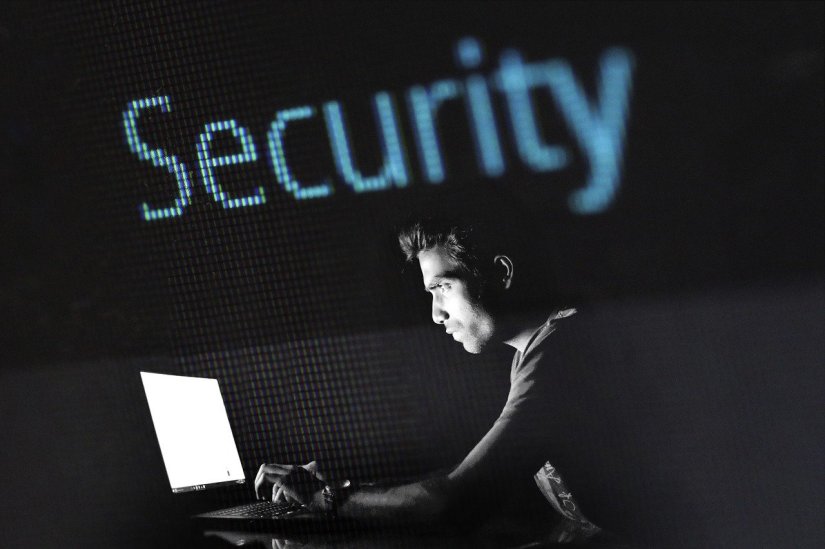In today’s interconnected digital landscape, organizations face increasing cybersecurity threats. The role of a Chief Information Security Officer (CISO) has become crucial in safeguarding sensitive information and maintaining the integrity of digital assets. This article explores the responsibilities and importance of a CISO and highlights the on-demand CISO services offered by CompCiti, a reputable provider of cybersecurity solutions.
1. Strategic Cybersecurity Leadership : A CISO serves as the strategic leader responsible for establishing and maintaining an organization’s cybersecurity posture. They develop and implement robust security policies, procedures, and frameworks to protect digital assets from unauthorized access, data breaches, and cyber-attacks. By aligning cybersecurity initiatives with business objectives, a CISO ensures that security measures are integrated into every aspect of the organization’s operations, providing a proactive defense against emerging threats.
2. Risk Management and Compliance : A key role of a CISO is to identify and assess potential cybersecurity risks and develop risk mitigation strategies. They conduct regular risk assessments, vulnerability scans, and penetration tests to identify weaknesses in the organization’s infrastructure and applications. A CISO also ensures compliance with industry regulations, privacy laws, and data protection standards. By implementing comprehensive risk management practices, they minimize the likelihood of security incidents and potential legal and financial repercussions.
3. Incident Response and Breach Management : In the event of a cybersecurity incident or data breach, a CISO plays a critical role in coordinating the incident response and breach management process. They lead the investigation, containment, and recovery efforts to minimize the impact of the incident and prevent further damage. A CISO also works closely with internal teams and external stakeholders, such as legal advisors and law enforcement agencies, to ensure compliance, preserve evidence, and facilitate timely resolution.
4. Security Awareness and Training : Building a strong cybersecurity culture within an organization is essential to mitigate human-related risks. A CISO develops and implements security awareness programs and training initiatives to educate employees about best practices, social engineering threats, and safe online behaviors. By promoting a security-conscious mindset, a CISO helps employees become the first line of defense against cyber threats, reducing the likelihood of successful attacks that exploit human vulnerabilities.
5. On-Demand CISO Services : CompCiti Business Solutions, Inc. offers on-demand CISO services, providing organizations with access to experienced cybersecurity professionals without the need for a full-time CISO position. This flexible arrangement allows organizations to benefit from specialized expertise, strategic guidance, and a comprehensive security approach tailored to their specific needs. By leveraging CompCiti’s on-demand CISO services, businesses can enhance their cybersecurity posture and ensure the protection of critical assets while optimizing resource allocation.
Conclusion
As cyber security threats continue to evolve, the role of a Chief Information Security Officer (CISO) has become indispensable in safeguarding organizations’ digital infrastructure. Whether through strategic leadership, risk management, incident response, or security awareness, a CISO plays a vital role in protecting sensitive information and preserving business continuity. With CompCiti’s on-demand CISO services, organizations can fortify their cybersecurity defenses and navigate the complex landscape of digital security.

